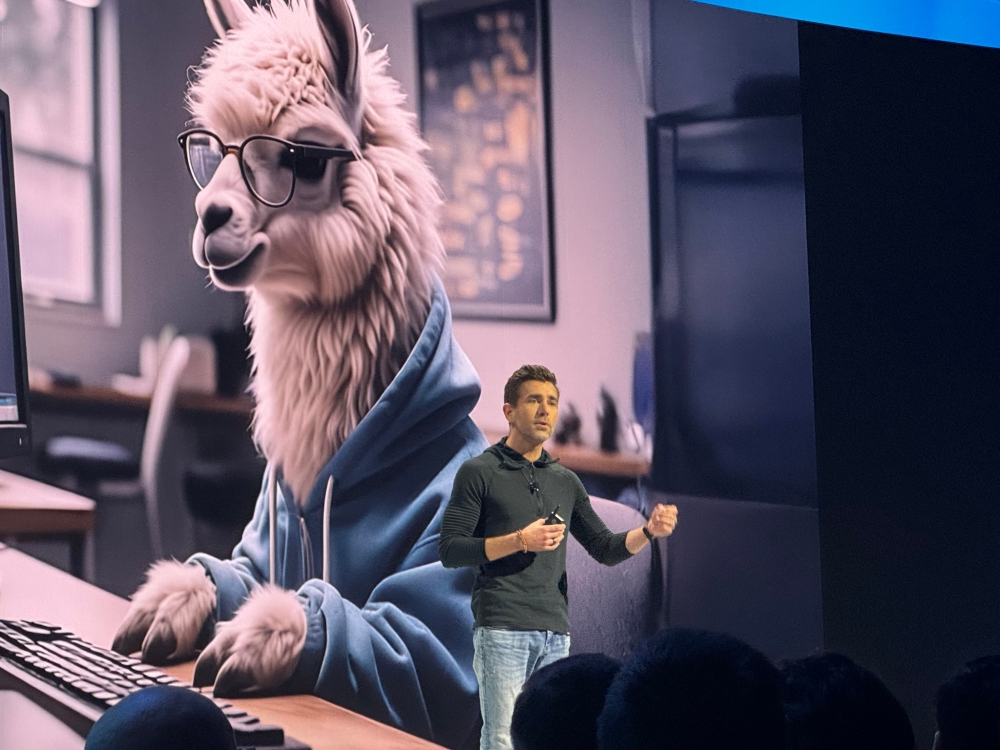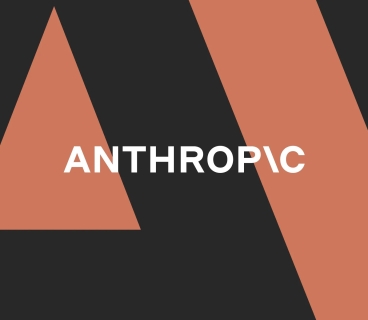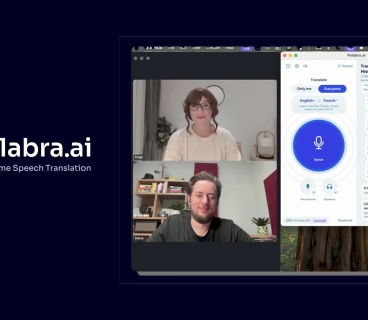Meta's first-ever AI developer conference, LlamaCon, held at its Menlo Park, California headquarters, is being viewed as a strategic move aimed at challenging OpenAI, the creator of ChatGPT.
During the event, Meta introduced two major products: one, a new “Meta AI” chatbot application aimed at a broad user base, competing with ChatGPT, and the other, a developer-facing API granting access to Llama models via the cloud. While both products aim to expand the use of Meta’s open Llama AI models, the apparent goal is to undermine OpenAI’s dominance in the market.
The AI chatbot Meta presented resembles a social media platform—users can share their chats and receive personalized responses based on their activity across other Meta apps. This is seen by some experts as a preemptive move against OpenAI’s potential future plans for a social network based around AI.
On the other hand, Meta’s Llama API service offers a serious alternative to OpenAI’s API market. With this new API, developers can directly access Llama models with a single line of code, eliminating the need for third-party cloud services. This is part of Meta's strategy to make its AI ecosystem more accessible and flexible.
According to reports, Meta's leadership has been planning for some time to surpass GPT-4. In a July 2024 statement, CEO Mark Zuckerberg openly declared that Meta’s business model is not focused on selling access to AI models but rather on making them openly available. He stated, "Selling access to AI models is not Meta’s business model."
During LlamaCon, Zuckerberg spoke with Databricks CEO Ali Ghodsi, emphasizing that Meta sees itself not just as a company, but as part of a larger ecosystem of open model providers. He mentioned that open-source models allow developers to combine the strengths of different models and create products tailored to their needs.
Meta's strategy also aligns with its desire to benefit from regulatory advantages under the EU AI Act, which provides special privileges for companies offering open-source, free AI systems. While Meta often claims its Llama models are "open-source," there is ongoing debate among experts about whether they fully meet the criteria.
Despite these efforts, Meta has yet to deliver the most cutting-edge AI models. However, the company is focused on strengthening the open model ecosystem and limiting OpenAI’s growth, aiming to establish an alternative, more democratic approach to AI. This could spark interesting technological and legal developments in the near future.







